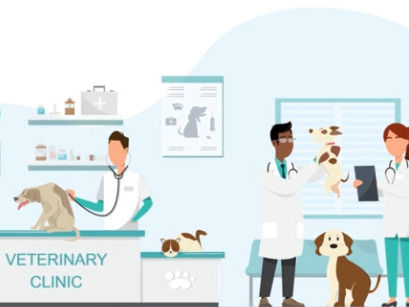New stem cell research could make lab mice redundant
Advertisement
Researchers from the University of Bath are embarking on a project to use stem cell technology that could reduce the number of animal experiments used to study conditions such as motor neurone disease. Dr Vasanta Subramanian, from the University’s Department of biology & Biochemistry, will be developing a technique using human stem cells to study this debilitating neurological disease, greatly reducing the number of animals used in research. Whilst previously most stem cells were derived from embryos, this new research project will instead use induced pluripotent stem cells (iPS cells) which are made from skin cells from adults.
Dr Subramanian has been awarded a major three year grant by the National Centre for Replacement, Refinement & Reduction of Animals in Research (NC3Rs) to study ALS, a form of motor neurone disease in which the nerve cells that control the muscles die. This currently incurable condition causes patients to lose movement in muscles, affecting breathing and eventually causing death. Dr Subramanian will be making iPS cells from the skin cells of patients suffering from ALS to study the genes that are thought to cause the disease.
She said: “These are exciting times for stem cell research and there is tremendous potential in the iPS cell technology both for medical applications and in basic biology. This technology will not only help understand the mechanisms underlying the disease, but will also reduce the numbers of animals used in research. There is a real need to develop alternative methods for studying these diseases that are more robust and better simulate how the disease develops in humans.”
The grant will fund a teaching replacement for Dr Subramanian, allowing her to focus on her research, and a research assistant to work on the project. It will also fund a state-of-the-art high power microscope that will allow the researchers to observe the movements and growth of neurones in real time.
Topics
Organizations
Other news from the department science

Get the life science industry in your inbox
By submitting this form you agree that LUMITOS AG will send you the newsletter(s) selected above by email. Your data will not be passed on to third parties. Your data will be stored and processed in accordance with our data protection regulations. LUMITOS may contact you by email for the purpose of advertising or market and opinion surveys. You can revoke your consent at any time without giving reasons to LUMITOS AG, Ernst-Augustin-Str. 2, 12489 Berlin, Germany or by e-mail at revoke@lumitos.com with effect for the future. In addition, each email contains a link to unsubscribe from the corresponding newsletter.


























































